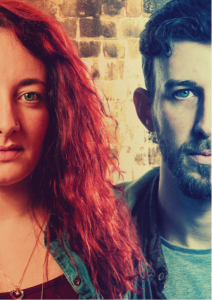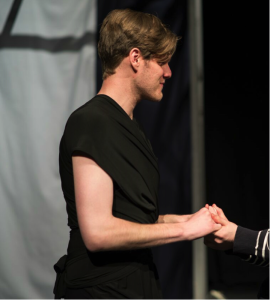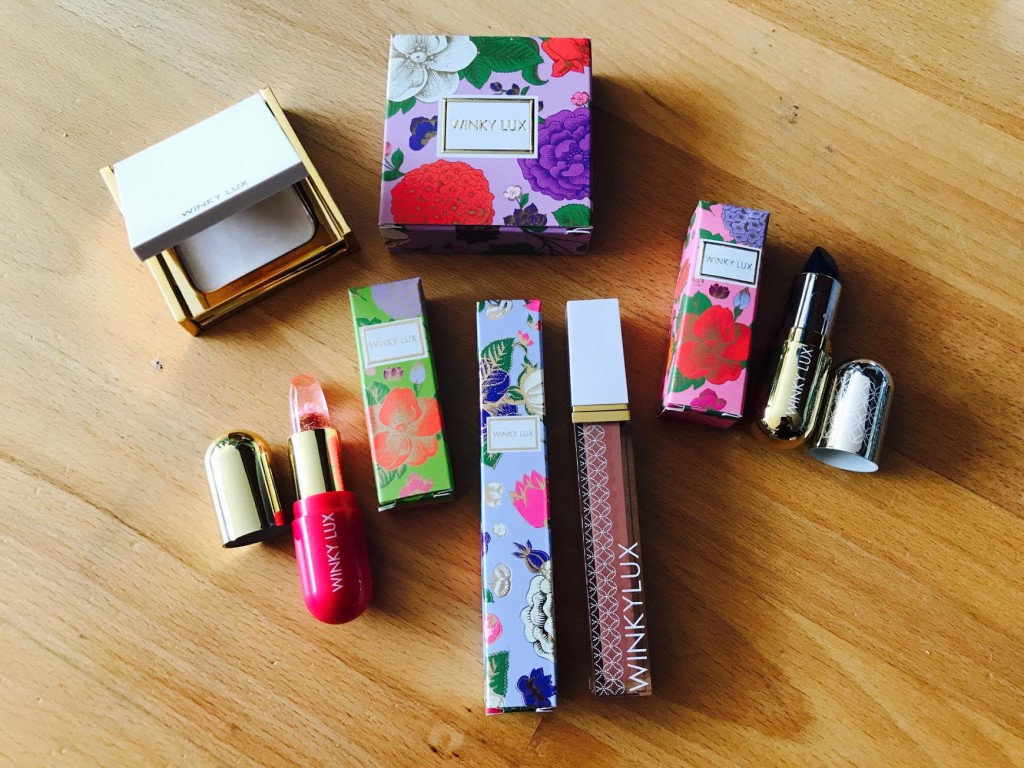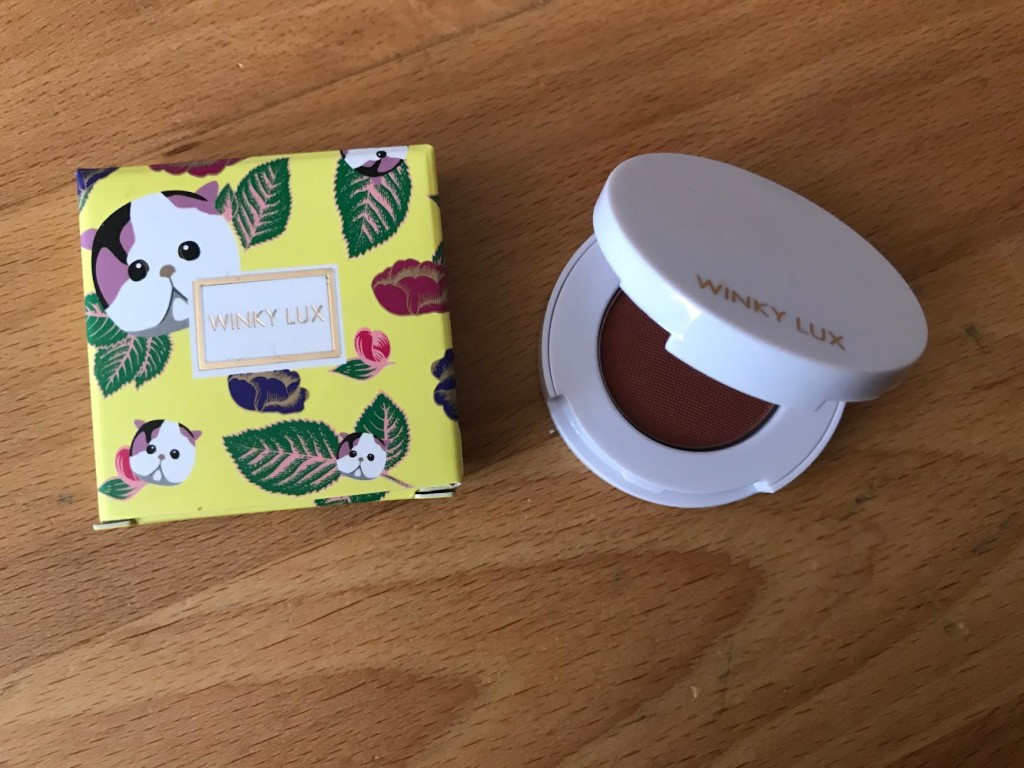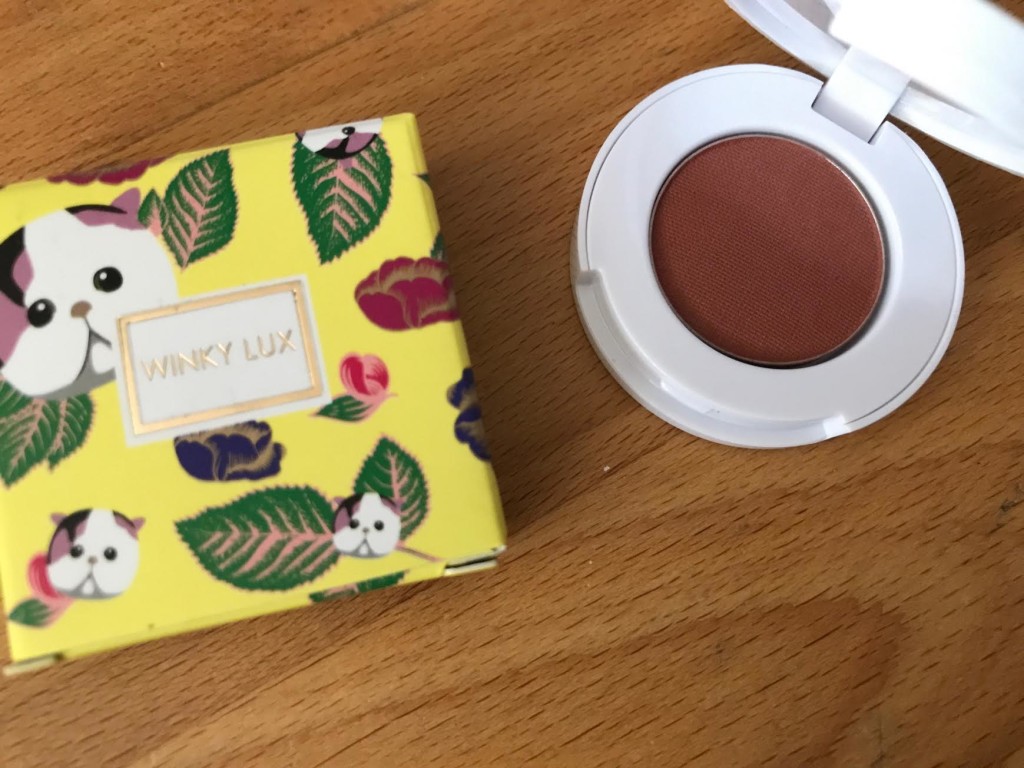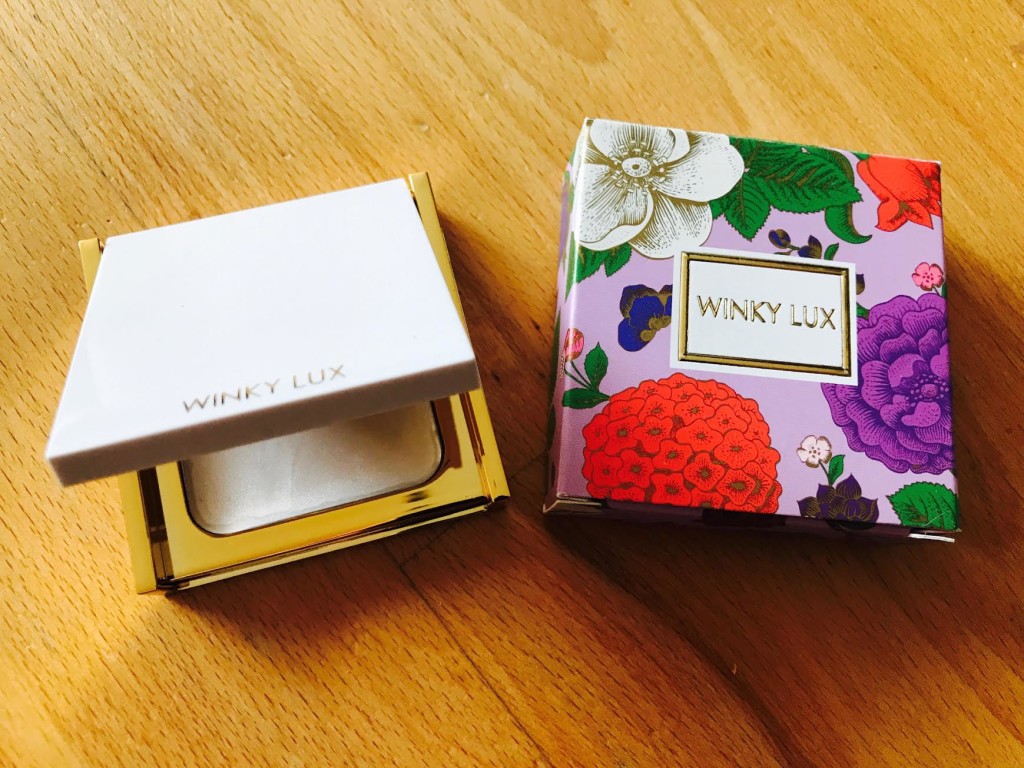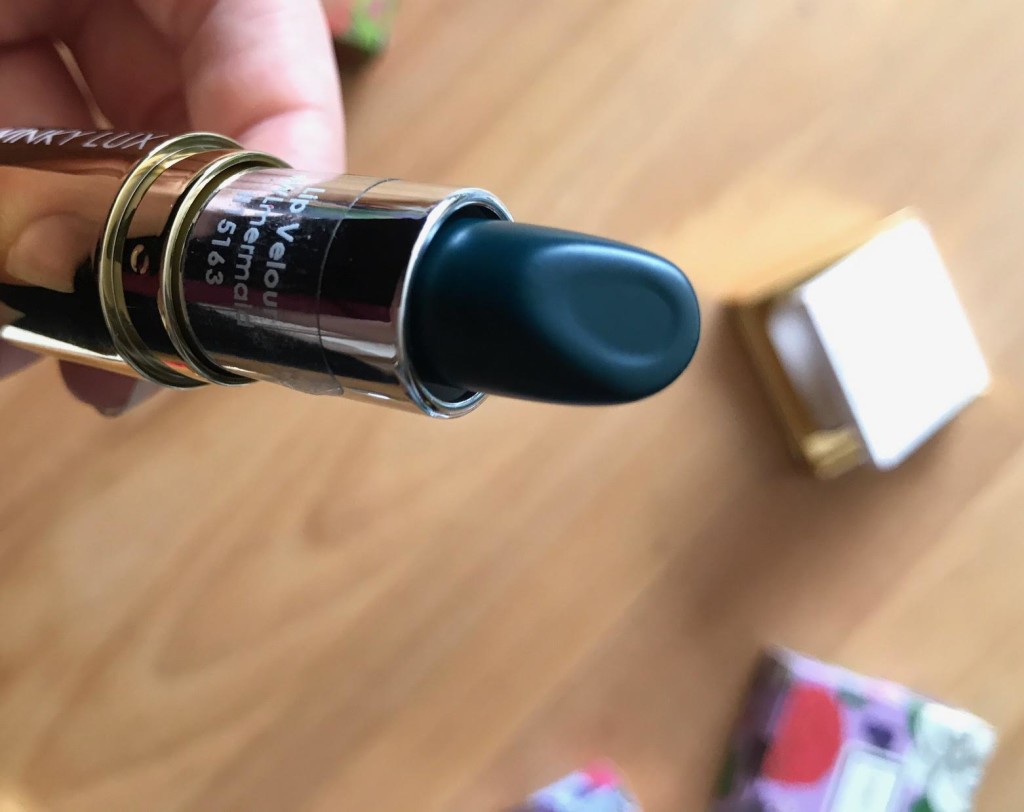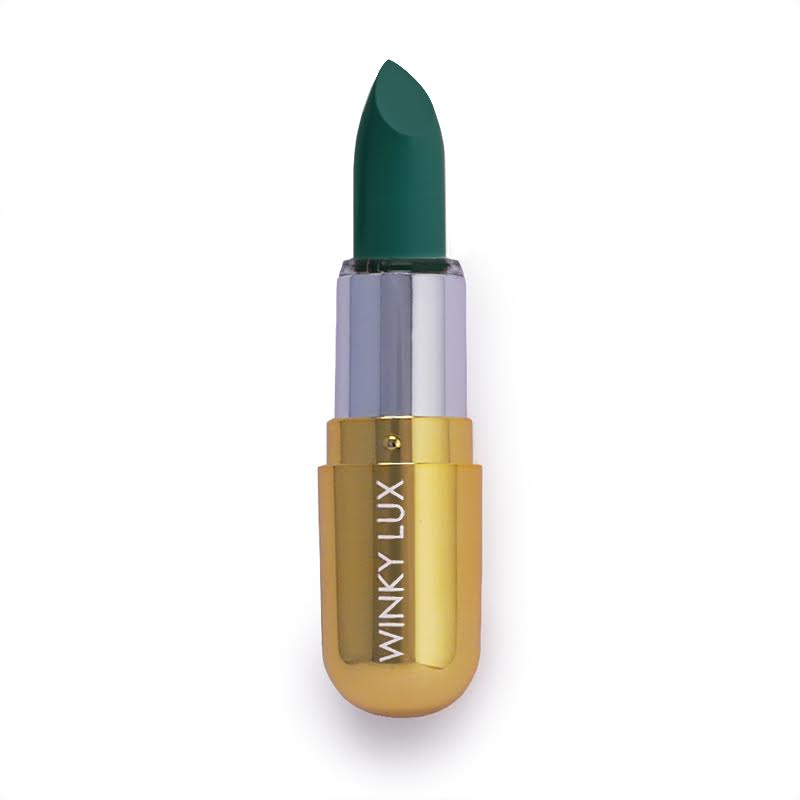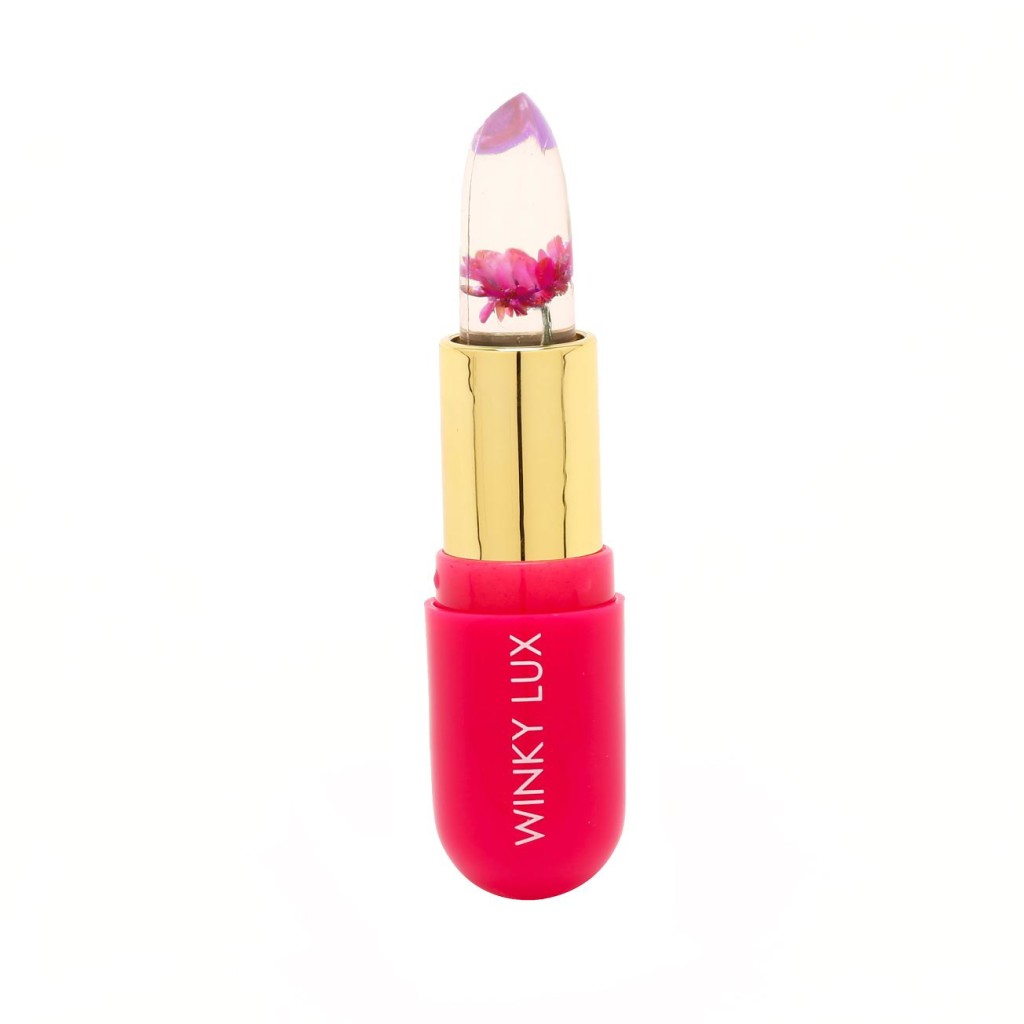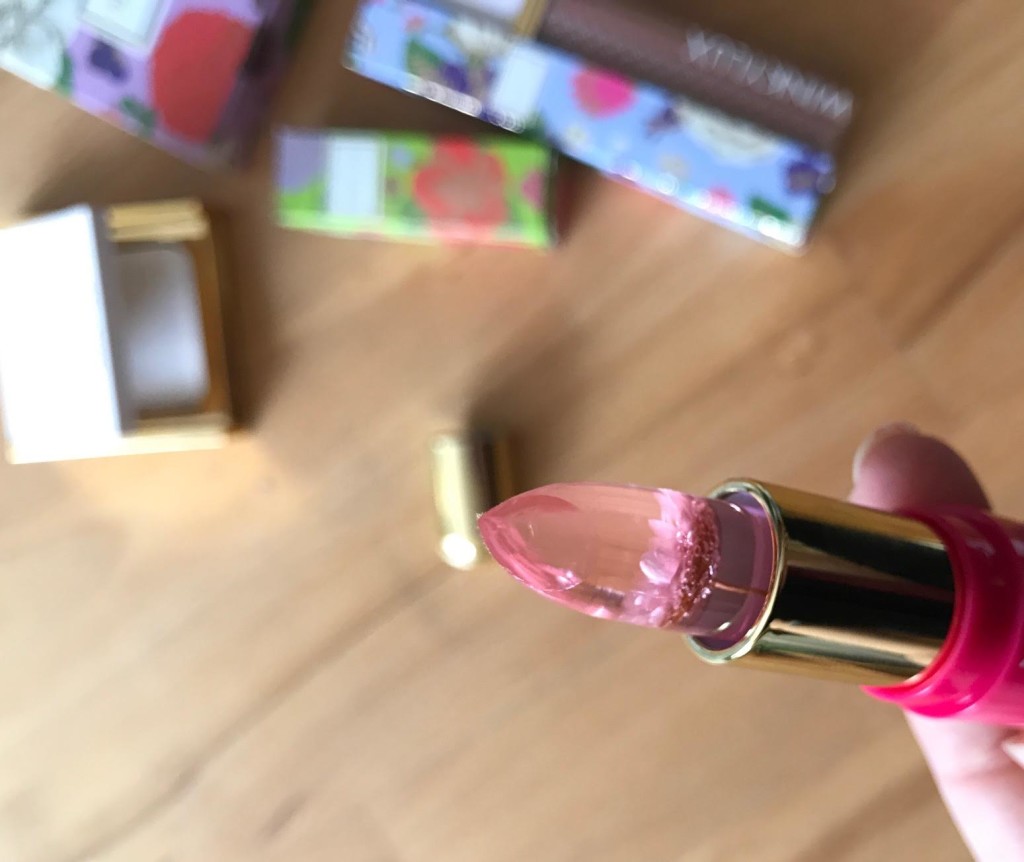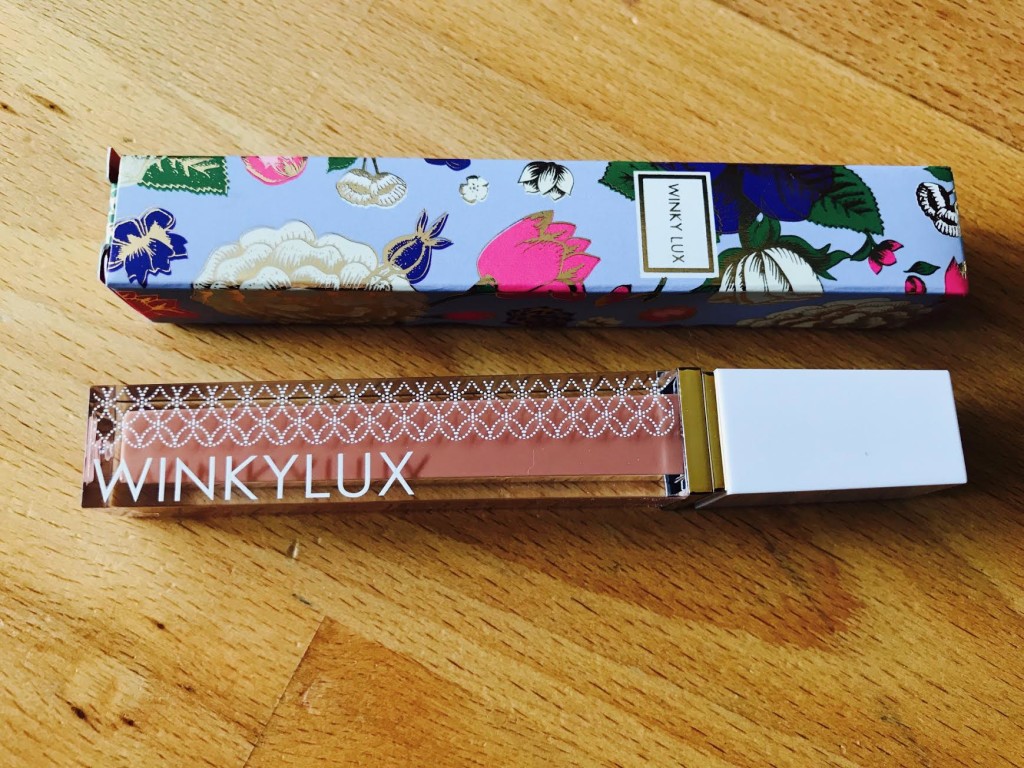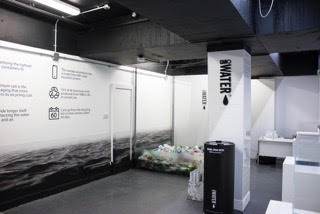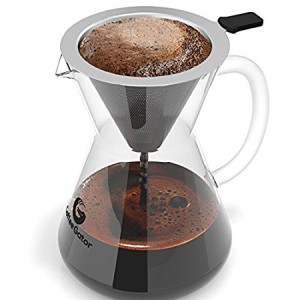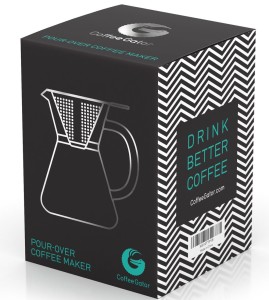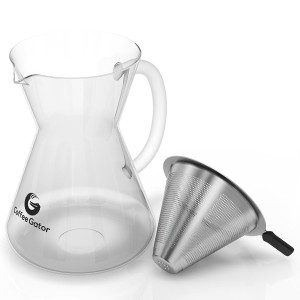There are approximately 40,000 people with Down’s syndrome living in the UK, and over 10 million people with disabilities in Britain*. Therefore, with 15% of the population living with a disability, it is essential that people are understanding and knowledgeable when it comes to inclusion. Inclusion is relevant to everybody through all stages of life, right through from the playground to the workplace, to new social situations. Most people will have felt excluded at some point in their lives, and if somebody has a disability this experience may be heightened.
It is common to be afraid and anxious of disability, not sure how to act or what to say, particularly if you don’t have previous experience. However, it is better to admit nerves and pledge to learn about disability, than remain ignorant and in the dark. Every disability is different, as is every individual, and so there is no ‘one size fits all’ method of knowing how to behave around a person with a disability. However, Carol Boys, CEO of the Down’s Syndrome Association has provided her expert advice for helping make sure that everyone in society is accepted and included.
Understand everyone is different
There are a broad range of disabilities, encompassing mental and physical, and therefore, it is important to remember that everyone is different. People with Down’s syndrome have a learning disability, but even within this specific type of disability, this can be mild or severe. Interacting with people who have a learning disability is likely to be different to interacting with people who have a physical disability, and acknowledging that everyone is different is the first step of working towards a society that promotes inclusion, after all, the world would be very boring if we were all the same! Understanding that the different people we encounter throughout our lives can enrich our experiences, and help us to learn new things and make new friends is so important. There is still a lot of work to do to ensure people with Down’s syndrome, and other disabilities, have many of the same life chances that the general population take for granted, and this is why we at the DSA work to educate the general public and show that people with Down’s syndrome have the same feelings and moods as everyone else, and thus, should be treated as individuals.
Ask questions
As there is such a broad spectrum of disabilities, it would be very difficult to be knowledgeable about every disability you come across. Some disabilities aren’t visible, nor would you necessarily realise someone had a disability until a certain situation occurs, therefore it’s important to not to be afraid of asking questions to help you understand. If you don’t feel comfortable asking questions to the person with the disability directly or you think it would be inappropriate, do look at resources online to assist you. The DSA website has an extremely useful FAQ section which will help offer some clarity http://www.downs-syndrome.org.uk/about/general/. Fear often comes from the unknown, and therefore they more we know, the less scared we will be of disability.
Be respectful
This is probably the most important piece of advice to take on board. Being respectful to anyone, whether they have a disability or not, is the best way to interact with others. Every individual has a different personality type (some we might click with and others we may not!) but never be disrespectful by talking down to or patronising someone with a disability. It’s important to note, for example, that everyone with Down’s syndrome needs some level of support at some point in their lives, whether this is a couple of hours help a week on their schedule, or 24/7 care. It can be difficult to get your heads around the balance of how much support to offer without treating people ‘differently’. However, being respectful, sensitive and considerate will always be appreciated no matter the situation.
Clue up on the terminology
To ensure you are sensitive in any situation, it is important to never use offensive terminology when discussing disability, either to the person with the disability themselves or with others. Assigning people with a label can be ignorant at the very least and highly upsetting at the worst. At the DSA, one of our objectives focuses on educating the public and the media on the correct way to talk about Down’s syndrome. For example, you should never say ‘this person suffers from Down’s syndrome’, as the word ‘suffer’ has negative connotations of illness. Instead, people ‘have’ Down’s syndrome. Alongside this, it is important not to define people by their disability. Don’t introduce people by name and their disability – a simple ‘this is my friend Sophie’ is sufficient – just like other people in your life.
Do what you can to help
Trying to make sure people aren’t afraid of disability can come in all different forms. This may start with informing people if they use the wrong terminology or volunteering at groups to provide support and assistance. If you are keen to get more involved, this year for World Down Syndrome Day, you can purchase ‘LOTS OF SOCKS’ socks to show your support of people with Down’s syndrome and raise awareness on World Down Syndrome Day (21st March). https://worlddownsyndromeday.org/lots-of-socks
For more information visit: http://www.downs-syndrome.org.uk
* http://www.dlf.org.uk/content/key-facts
Down’s syndrome: Down’s syndrome is a genetic condition caused by the presence of an extra chromosome. Around one in every 1,000 babies is born with Down’s syndrome. There are over 40,000 people with the condition in the UK.
Everyone with Down’s syndrome will have some degree of learning disability. The most important thing to remember is that everyone with Down’s syndrome is an individual, with their own strengths and weaknesses and personality traits that make them who they are.
The Down’s Syndrome Association (DSA) is a registered (1061474) national charity that exists to provide information and support for people with Down’s syndrome, their families, carers and those with a professional interest. The DSA seeks to improve knowledge and understanding and champion the rights of people with Down’s syndrome. To find out more about the work of the DSA visit our website www.downs-syndrome.org.uk
Terminology: Down’s syndrome – What to say (and not to say)
We rely on the media to speak about issues relating to Down’s syndrome in a way that is both factually accurate and inoffensive to the general public, including people with Down’s syndrome and their families.
We are sure you share our concerns so please take a minute to check that your copy is in line with the following language guidelines and that you are not perpetuating any myths about the condition.
| DON’T SAY | DO SAY |
| Suffers from OR is a victim of Down’s syndrome | Has Down’s syndrome |
| A Down’s baby/person/child | A person/baby/child with Down’s syndrome or who has Down’s syndrome |
| Retarded/mentally handicapped/backward | Learning disability |
| Disease/illness/handicap | Condition OR genetic condition |
| the risk of a baby having Down’s syndrome (in relation to pre-natal screening and probability assessments) | the chance of a baby having Down’s syndrome |
| Down’s (as an abbreviation) | DS (as an abbreviation if necessary) |
| MYTHS | FACTS |
| People with Down’s syndrome don’t live very long. | Today, people with Down’s syndrome can look forward to a life of 60 years plus. |
| Only older mothers have babies with Down’s syndrome. | Although older mothers have a higher individual chance of having a baby with Down’s syndrome, more are born to younger mothers, reflecting the higher birth rate in this age group. |
| People with Down’s syndrome cannot achieve normal life goals. | With the right support, they can. The vast majority of people with Down’s syndrome learn to walk and talk, and many are now attending mainstream schools, passing GCSEs and living full, semi-independent adult lives. |
| People with Down’s syndrome all look the same. | There are certain physical characteristics that can occur. People with Down’s syndrome can have all of them or none. A person with Down’s syndrome will always look more like his or her close family than someone else with the condition. |
| People with Down’s syndrome are always happy and affectionate. | We are all individuals and people with Down’s syndrome are no different to anyone else in their character traits and varying moods. |




